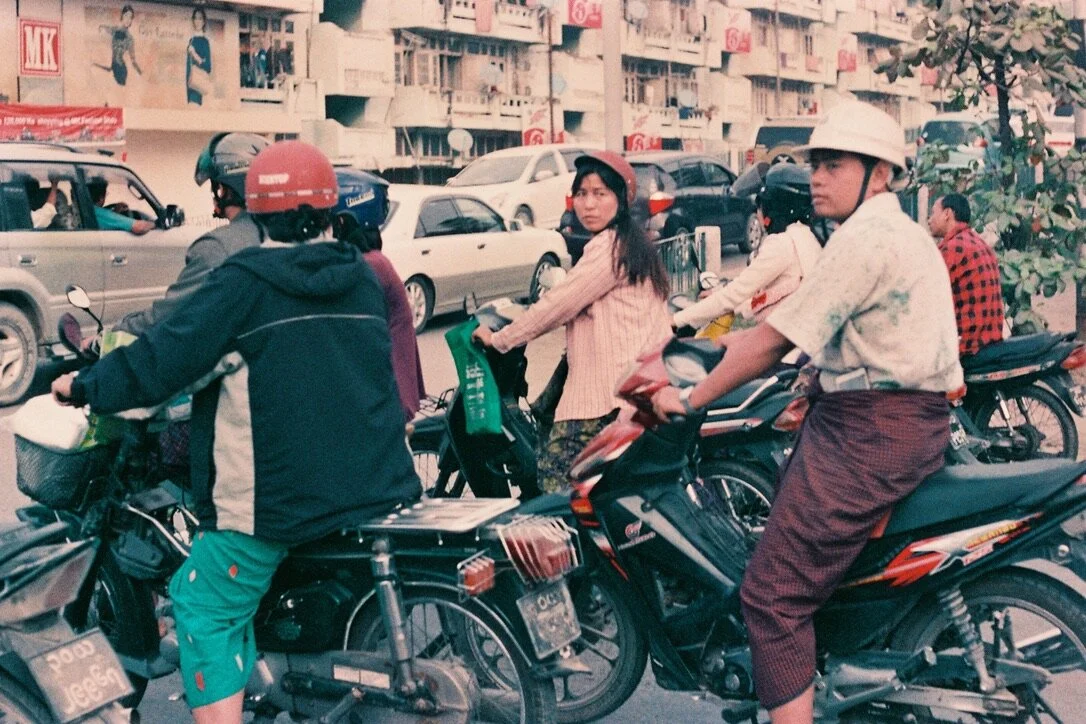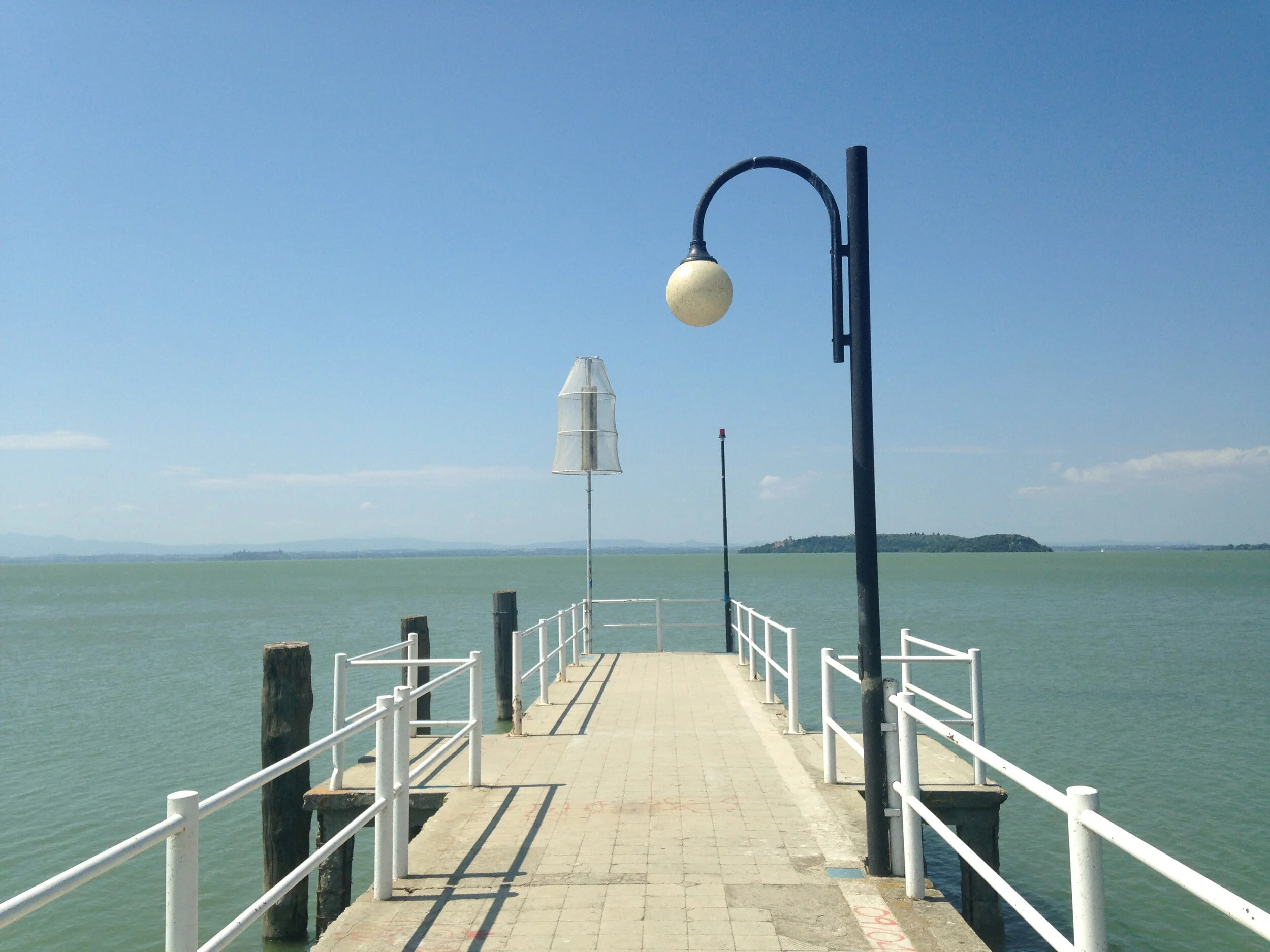Whilst multilateral reform and changing the current models of humanitarian financing are ultimately what is needed for systemic change, every agency could adjust the way that it develops programmes- and this small change has the potential to transform aid. Designing and delivering aid programs is a core function of most humanitarian organizations and therefore it is in the process that all humanitarian aid sectors needs to revisit to begin their equity-based, decolonial journey.
The politics of knowledge and the future of aid
Universities and research centers are important, non-traditional, humanitarian actors that actively participate in knowledge production and cadre formation for the sector, with a preponderance of global North institutions over the ones from the South.
There are, at least, three areas of opportunity for Higher Education Institutions (HEIs) in the global North to engage productively with the principles and objectives of the Grand Bargain proposed during the World Humanitarian Summit of 2016, so that humanitarian knowledge production can also jump into the “localization” wagon:
Technology for Tree Huggers
Are you unsure about how technology may be able to help you to achieve your humanitarian sector objectives? Do you want to understand where emerging and existing technologies can assist people that are in need?
Matt Twilley would like to share with you some of his experiences and open up some ideas on how potentially the use of technology in the right way can give you more opportunity to really help those in need.
Ayudar es asunto de todos
Aid is everyone's business
El dilema recurrente del COVID-19 y la trampa de la ultra-solución
Acabar con los encierros es, como lo define Paul Watzlawick, “una ultra-solución”: un intento de arreglar un problema deshaciéndose de todo lo que tenga que ver con el mismo. Al caer en esta trampa, los gobiernos están utilizando la ultra-solución, arriesgándose a destruir tanto la economía, como la vida de las personas al final del túnel.
The recurring COVID-19 dilemma and the ultra-solution trap
A Letter for Humanitarians
New crises, same approaches. Why aren’t humanitarians evolving?
Géopolitique de l'Homophobie
L’homophobie est entendue comme les discriminations de tous ordres à l’encontre des personnes LGBT (lesbiennes, gays, bisexuelles et transgenres). Si «l’homophobie politique» est déjà connue en tant qu’outil de duplicité en politique intérieure, Michel Maietta explore davantage son pouvoir de manipulation, jusqu’à sa dimension géopolitique. L’auteur nous rappelle à quel point la protection des droits des personnes LGBT revêt une importance stratégique dans la défense plus large des droits de l’homme.
Using foresight to challenge the geopolitics of homophobia
Facetime versus Face-to-face time
8 non-analytical things I learnt at an analysis training
In this piece Leonie reflects on a workshop which she attended in mid-June where she spent 3 days with the IARAN fellows: a group of humanitarian professionals with expertise that spans urban planning and UK asylum law to GIS and social entrepreneurship. They discussed how each of them, in their separate organisations can bring change to the humanitarian sector, for the better.
The barriers to transforming LGBTI social exclusion towards 2030
A chance to engage in frank dialogue with LGBTI
Shifting the Power: A Few Hard Truths on Localisation
Many have said it before: localisation needs to stop being a talking point and start being a reality. But we have been saying this since the advent of capacity building. So do we really mean it? If so, how can we bring about localised change effectively, and swiftly?
Why localisation is no longer an 'if', but firmly, a 'when'.
Aid in the Tech Era
The last century has been characterised by the advancement and spread of technology. The reach and adoption, particularly of information and communication technology (ICT) saw a sharp rise in the 1990s and has grown exponentially since. Leonie LeBorgne and Matthew Williams ask: are Aid Organisations ready to respond to a growing and dangerous digital divide?
Caution! Aid re-construction zone
With problems on the rise ‘at home’, criticism of foreign aid is stronger than ever. At the same time, humanitarian needs are growing, and far outpacing the funding requirements and government commitments needed to address the short- and long-term consequences of crises. What lies in store for aid organisations?
L’humanitaire maritime : un incubateur de nouvelles approches
Depuis une décennie, les besoins humanitaires ne cessent d’évoluer, s’intensifiant et se complexifiant. En 2015, selon l’UNHCR, 65.3 millions de personnes étaient déplacées. Parmi celles-ci, 21.3 millions sont des réfugiés au titre de la convention de 1951 et la très grande majorité d’entre eux le sont dans un pays voisin. Seule une minorité de 6% sont accueillis en Europe. Malgré cette faible proportion, la crise migratoire à laquelle est confrontée l’Europe depuis 2014 a contribué à mettre en avant les fragilités du système humanitaire traditionnel.
Using the Future to Humanity’s Advantage
$1 spent in preparedness saves $7 in humanitarian response (1). Humanitarians working in disaster preparedness, early warning, and resilience building have all heard this before. Though it may satisfy public and private donors for reasons of accountability and a no-regrets approach to programming, we need to push past this statistic. What is the true value of pre-empting the future when working in humanitarian response?
























